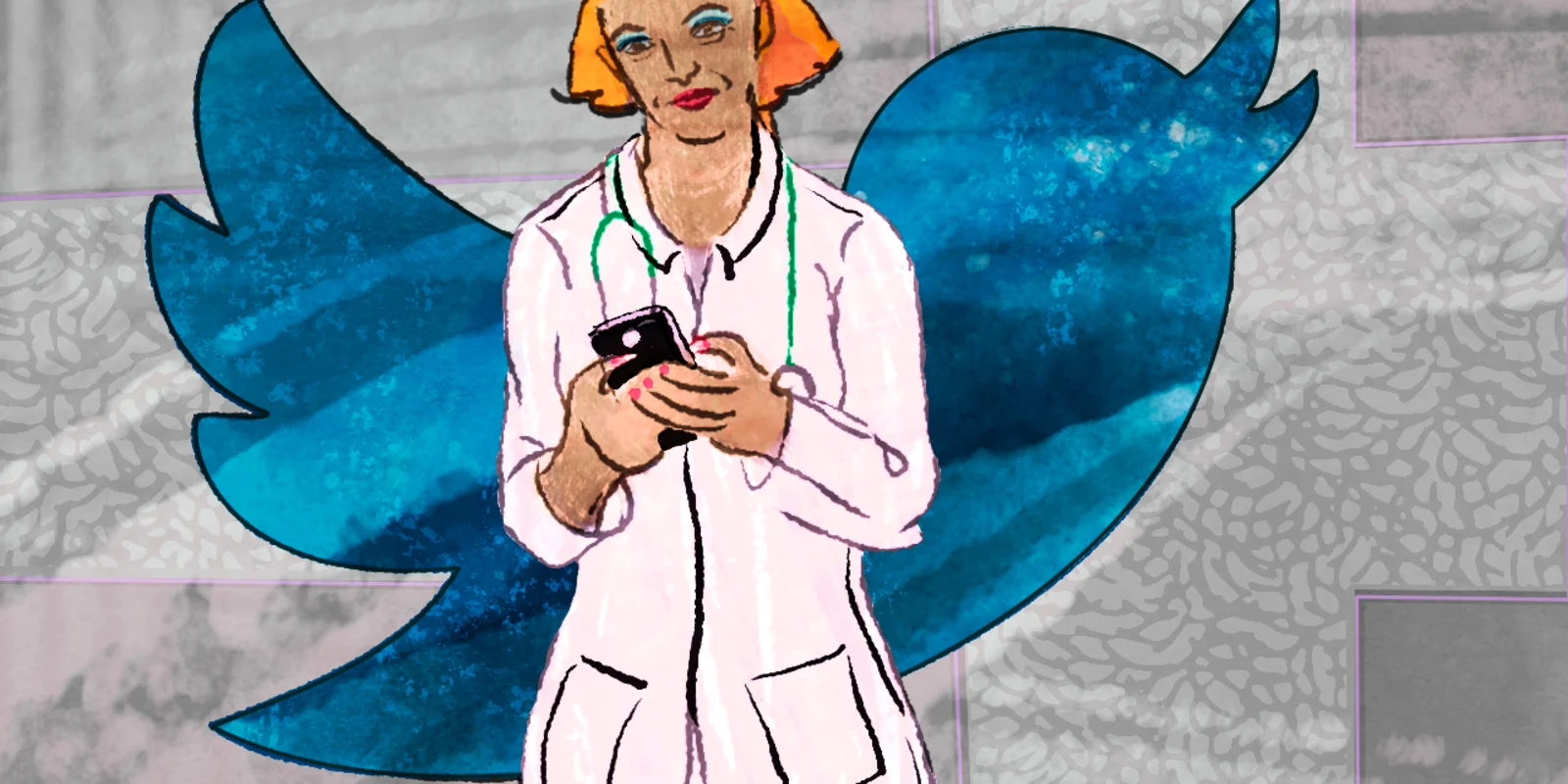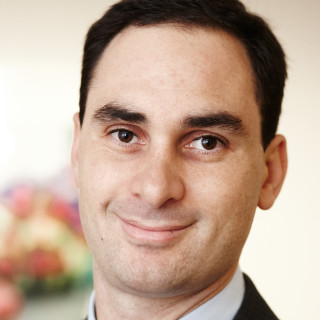 The American Association of Clinical Endocrinology conference this year was in LA, which is my hometown, so having it there was an added benefit as I also got to see my biological family. That being said, my primary purpose for being in LA was to be with my Endocrinology family. We are from different parts of the world and have different cultural backgrounds, but we all speak the language of Endocrinology. That is a strong bond! I have happily traveled across the United States for nearly a decade to attend this conference. Each year I walk (more like run) back to New York with new knowledge and goals to improve the care of my patients. The inspiration this year is that we have the power to not only impact our own patients, but we can reach a global audience via engagement in social media.
The American Association of Clinical Endocrinology conference this year was in LA, which is my hometown, so having it there was an added benefit as I also got to see my biological family. That being said, my primary purpose for being in LA was to be with my Endocrinology family. We are from different parts of the world and have different cultural backgrounds, but we all speak the language of Endocrinology. That is a strong bond! I have happily traveled across the United States for nearly a decade to attend this conference. Each year I walk (more like run) back to New York with new knowledge and goals to improve the care of my patients. The inspiration this year is that we have the power to not only impact our own patients, but we can reach a global audience via engagement in social media.
I think it’s safe to say that physicians have lagged behind in the adoption of technology; we tend to be busy doing other things. I am pleased to state that my fellow endocrinologists have jumped on the social media bandwagon. #EndoTwitter and #AACE2019 captured the highlights of the conference. At many lectures, I was sitting in close proximity to my colleagues as we retweeted and liked each other’s posts in the twittersphere and instaphere about new treatments for #osteoporosis, #thyroid disease and #diabetes. Hopefully, we were also reaching colleagues and other interested parties who were not in attendance.
A session titled “Debunking Internet Myths: Talking Points for the Endocrinologist” by Jonathan Leffert, MD, FACP, FACE, ECNU (@JonathanLeffert) elucidated the point that it is now our responsibility as medical professionals to curate the internet with evidence-based medicine that our patients can rely on for their questions. There is a tremendous amount of inaccurate and non-FDA approved suggested treatments promoted on the Internet, which can have detrimental effects on people who are searching for answers to help them feel better. The question remains about what is the best manner to ensure that the information available is reliable; can we develop a system to put an evidence-based stamp of approval on everything out there? In theory, that would be great, but that is likely unrealistic. It seems that the best way to control the information out there is to produce the content.
Dr. Kevin Pho, a founder of a blog for clinicians to share their thoughts about medicine, gave a passionate and inspiring talk about his story with regard to social media. He shared the impact that his website (KevinMD.com) has made by giving us a voice about our personal challenges in medicine, how it helped to make a mystery diagnosis, and enables us to make suggestions about policy change. I have shared two very personal stories on KevinMD.com (dealing with my father’s heart surgery and my emotions following the past presidential election), which, prior to an online forum such as this, would have been very difficult to get published. A take-home point was that people respond more to stories than data; they are searching for how others have dealt with a chronic disease, what it feels like to have a procedure, etc. Therefore, whether we are creating content for the Internet or interacting with a patient in the exam room we should keep this in mind. During the discussion “Debunking Internet Myths,” it was suggested that quoting data might not be the most effective approach. Perhaps empathy and sharing clinical experience will go further to gain the trust of our patients who are merely doing their best to process an overwhelming amount of health information.
Whether we like it or not, our online reputation is part of the information people are navigating in their search for answers. Just like restaurants, airlines, or any other business we are reviewed (no shock to anyone reading this). Dr. Pho explained that we are not aiming for a perfect score, and it is actually more meaningful to not have all five-star reviews since this is more consistent with reality. Just like we can’t control all the misinformation out there about medical treatments, we can’t control what people say about us. An effective approach is to claim the different review sites out there (Google my business, Yelp, etc) so at least the practice information is accurate.
I am mid-flight back to New York, and we just got through some turbulence. During the bumps there were crying children and a sense of anxiety amongst the adults, but now I am surrounded by giggles and a sense of relief. The new knowledge and sense of community at the AACE conference is a needed break from some of the turbulence of everyday medical practice; I feel ready and newly equipped to get back to my patients.
Illustration by Jennifer Bogartz







